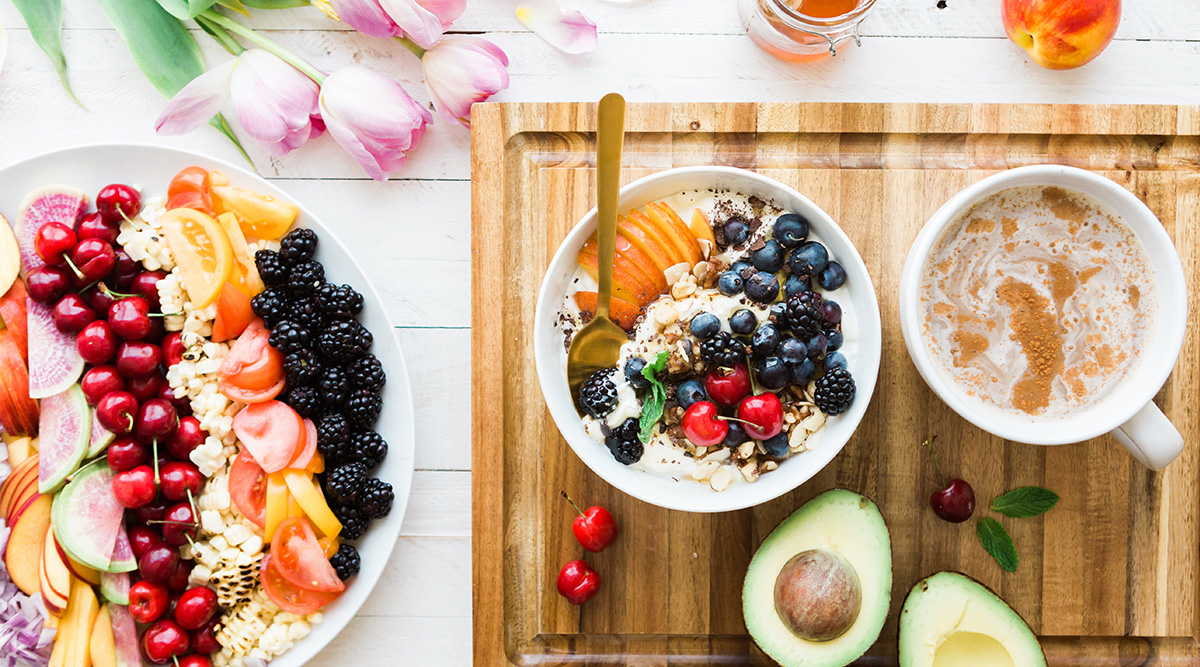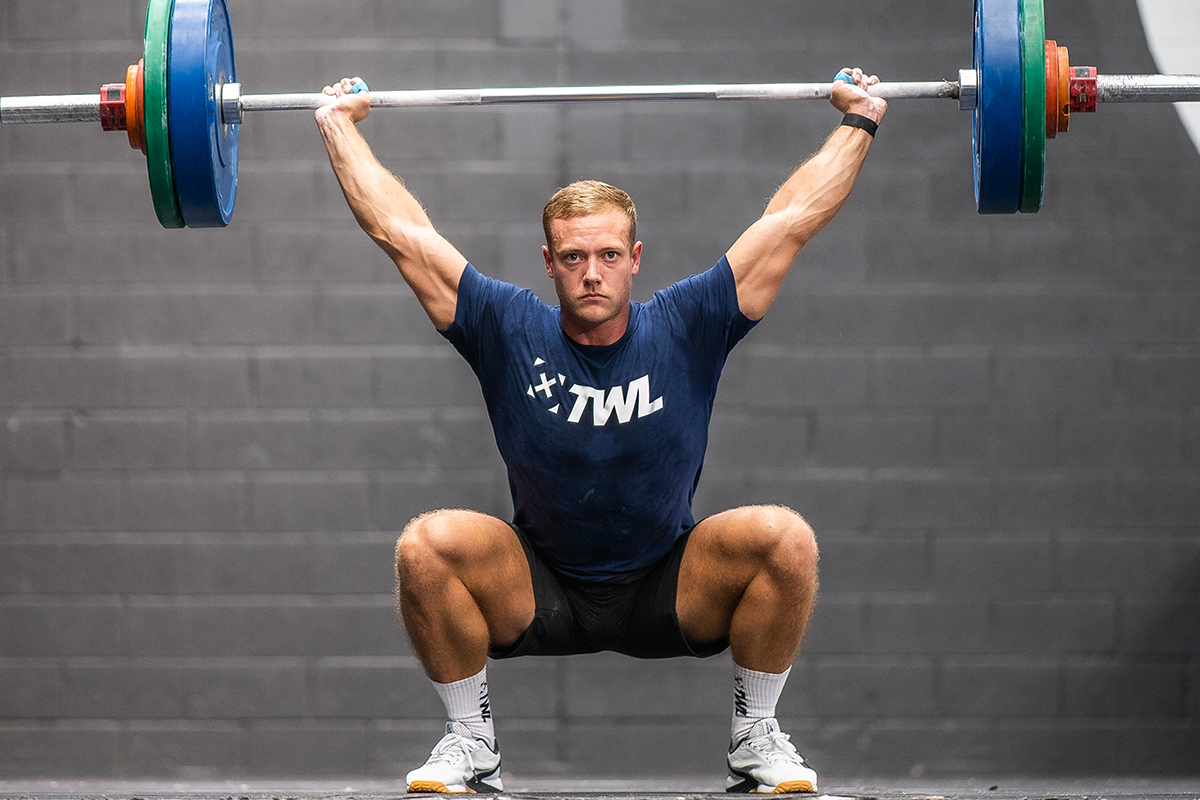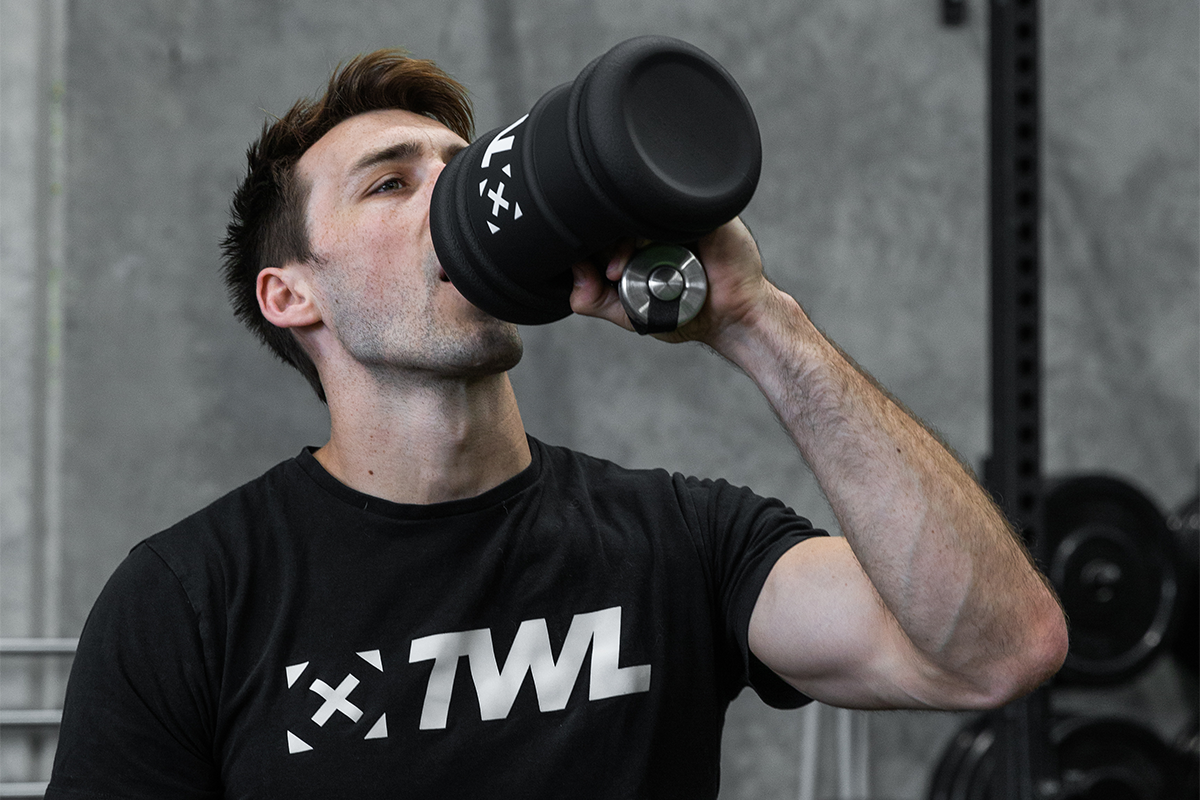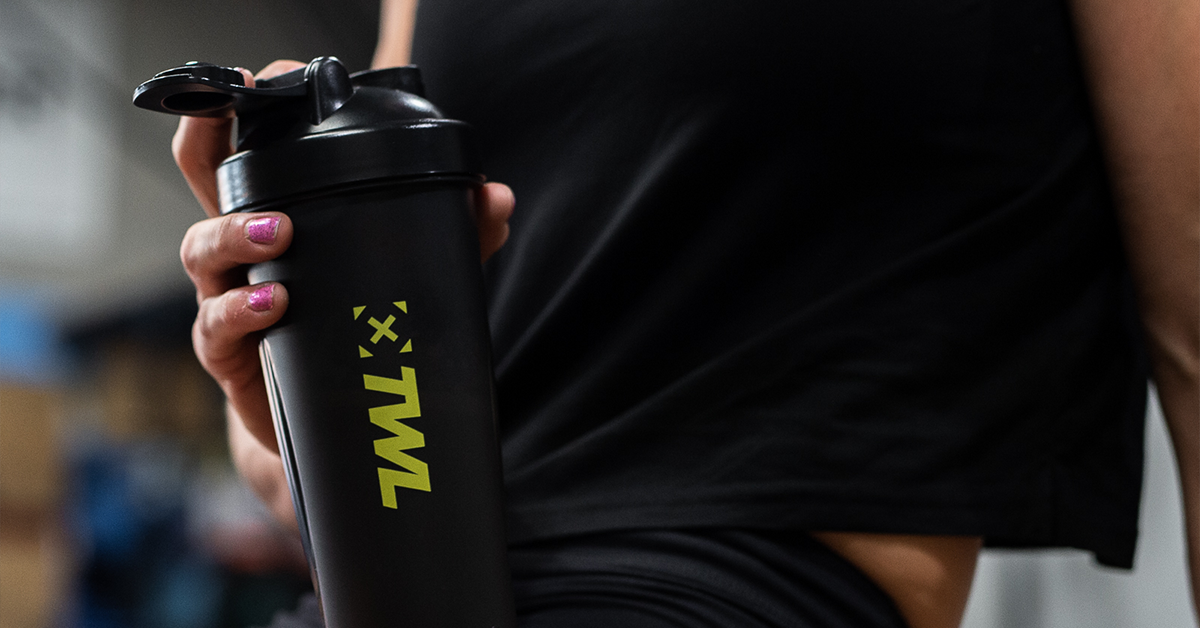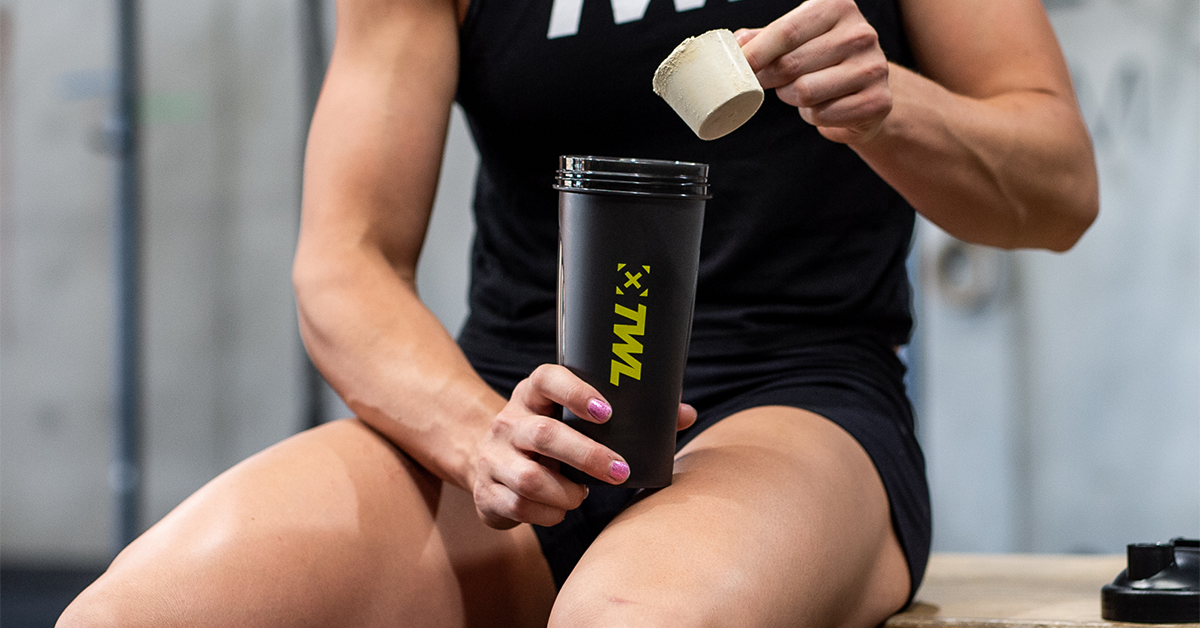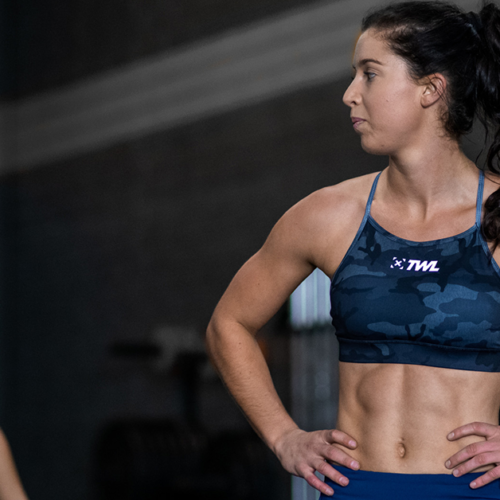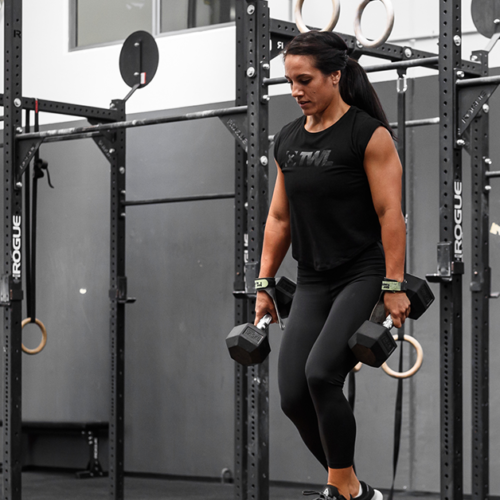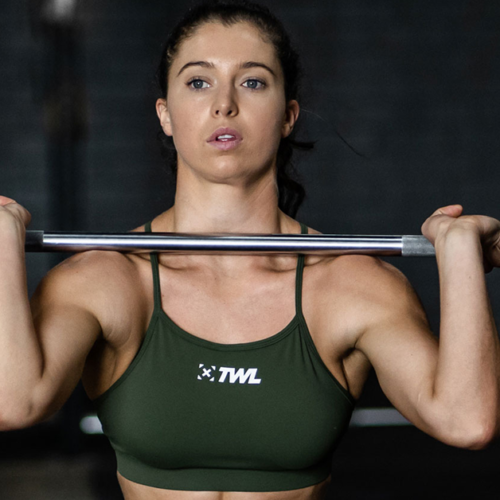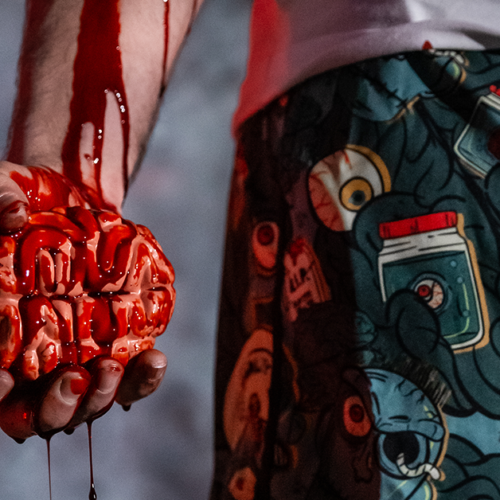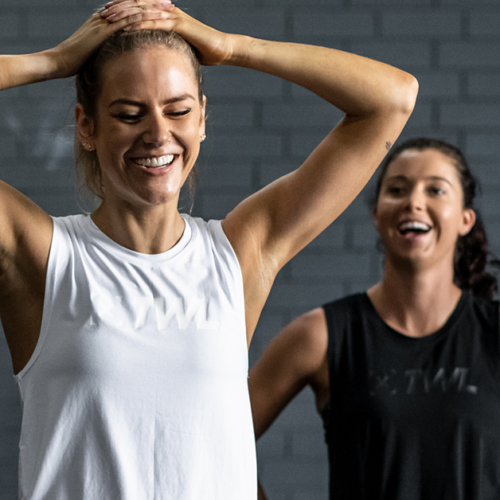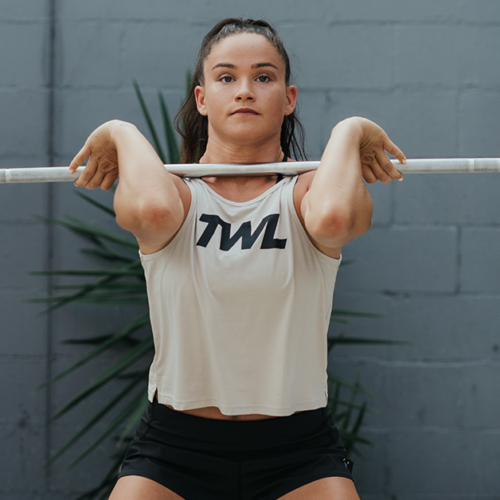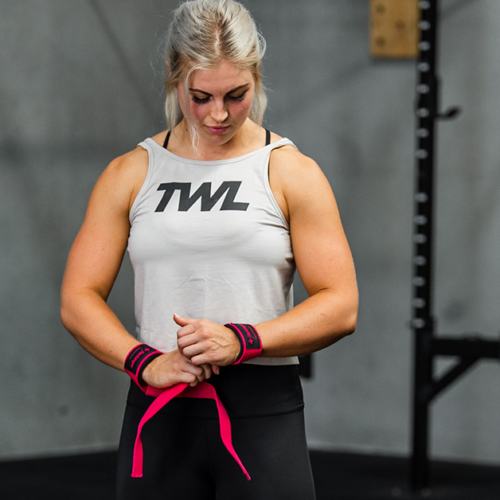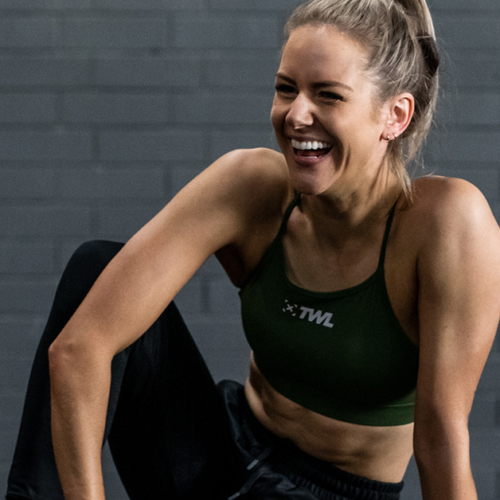Eating healthy can be challenging at a time when inexpensive food is widely available, and even more so when the options we have are unhealthy. However, eating too little can also be a major problem. Even if you’re reducing your calorie consumption for weight loss or for weight maintenance, it’s still important to get enough calories.
The signs that you are undereating manifest both physically and emotionally. These should not be brushed off as something you just need to get used to. This might be your body asking you to eat more.
Here are the signs you should look out for.
1. Low Energy Levels
When you eat, you consume calories. Calories are units of energy. Your body uses calories to fuel your everyday activities and continues to burn them even at rest. When you eat too much, the extra calories are stored as fat. These are concepts we are already familiar with. If you don’t eat enough calories, however, you might feel tired all the time.
You may notice that you easily feel tired after a WOD, or even simple activities like taking the stairs. You might also feel constantly hungry. Low caloric intake fires up the hormones that control your appetite. Your body will feel hungrier and your appetite will increase. This is also linked to accumulation of belly fat.
If you are eating less to lose weight, it just might be working against you.

2. Feeling Cold All the Time
Feeling a little chilly? It’s not just the air conditioner or the weather. It might be because your body is not consuming enough calories to burn for keeping it warm. Even mild calorie restriction results in lower core body temperature.
This is true for everyone regardless of their level of physical activity. Reduced calorie intake results in a decrease of the T3 thyroid hormone, which regulates body temperature.
Surely, you don’t want to walk around feeling chilly all the time. Consume more calories to counter this.
3. Hair Loss
It’s normal to lose strands of hair daily. What’s not normal is if you’re noticing an increase of hair accumulating in your shower or your hair brush.
Hair products are not enough to maintain healthy hair. Hair needs several different nutrients to grow healthily. Not eating enough means not having enough calories and could mean you aren’t consuming enough protein, biotin, iron or other nutrients — and these deficiencies can contribute to hair loss.
When you’re not getting enough nutrients, your hair becomes less of a priority to your body. This means hair growth and health becomes compromised.

4. Sleep Issues and Irritability
When your calorie intake levels are near starvation or even just significantly less than normal, you will experience difficulty sleeping. The quality of your sleep is also affected. You will find yourself frequently waking up in the middle of the night and not sleeping as deeply. Sleep deprivation causes an imbalance of hormones and will contribute to weight gain.
You will also experience increased irritability. If little things are ticking you off easily, it might be because you are not eating enough. Add lack of sleep and you have a recipe for disaster. Moodiness affects the quality of your work and personal relationships. Studies have found that teenagers and students are irritable not only because of teenage hormones, but also because of dieting and restrictive eating.
Even worse, undereating may result in outright anxiety. To avoid this, consume a healthy diet with plenty of omega-3 fatty acids from fatty fish.
Eating too much is a problem, but so is eating too little. Learn to recompute the ideal amount of calories you should consume at your weight and physical activity level. Make sure that your diet is satiating and hits all the macronutrients and micronutrients you need to have a healthy body and support you in your fitness goals.

